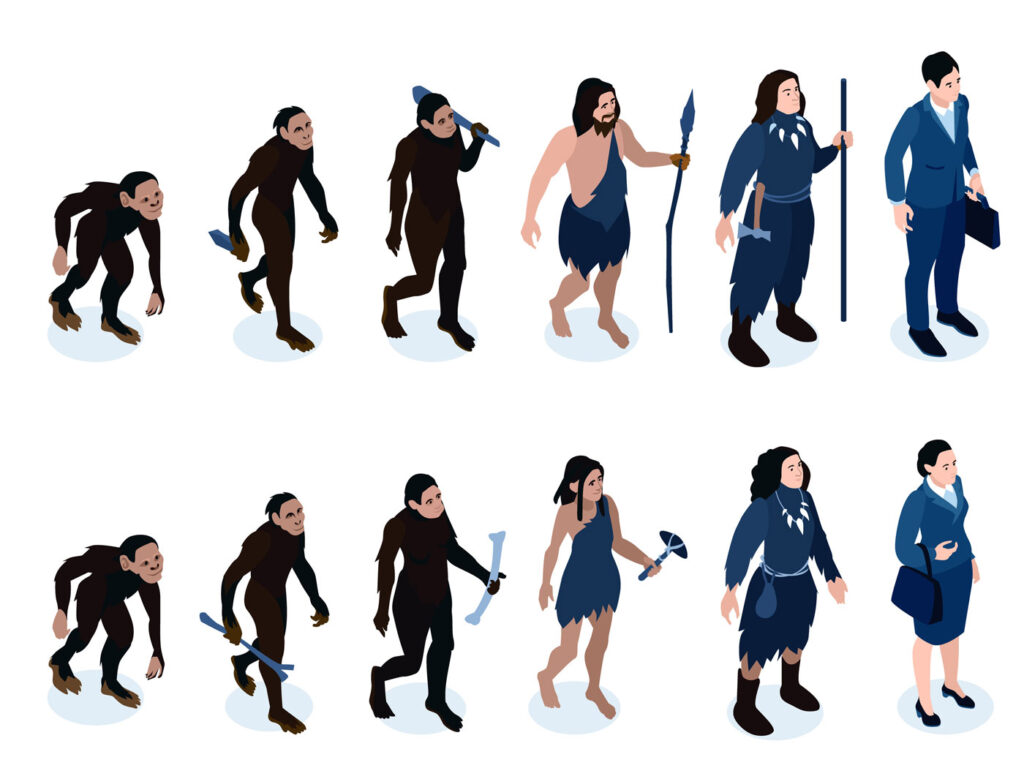Walking is one of the most natural human activities, yet many wonder: who invented walking? Unlike inventions such as the wheel or the lightbulb, walking was not created by a single individual. Instead, it evolved over millions of years as a crucial part of human and animal development. Let’s explore the history and evolution of walking.

The Evolution of Walking
Walking dates back millions of years, long before humans even existed. Scientists believe that the first creatures to walk on land were early amphibians around 375 million years ago. These creatures transitioned from swimming in water to using limbs for movement on land.
The First Bipedal Walkers
Humans walk on two legs, a trait known as bipedalism. This ability first appeared in some of our early ancestors, such as:
- Australopithecus afarensis (about 3.6 million years ago) – Fossil footprints found in Laetoli, Tanzania, suggest that these early human ancestors walked upright.
- Homo erectus (about 2 million years ago) – This species had longer legs and a modern walking style, allowing them to travel long distances efficiently.
Why Did Humans Start Walking?
Walking on two legs gave early humans several advantages, including:
- Energy efficiency – Walking upright used less energy than moving on all fours.
- Freeing the hands – This allowed humans to carry food, tools, and even infants while moving.
- Better vision – Standing upright helped early humans see over tall grass and spot predators or prey from a distance.
Did Anyone “Invent” Walking?
Since walking is a natural biological process that developed over millions of years, no single person invented walking. It was shaped by evolution as early humans adapted to their environment who invented walking.
Walking in Human Civilization
As civilizations developed, walking remained the primary mode of transportation until the invention of animals for riding, carts, and eventually modern vehicles. Even today, walking remains essential for health, fitness, and daily life.

Conclusion
Walking is not an invention but an evolutionary adaptation that has shaped human history. From early amphibians to modern humans, the ability to walk has allowed species to explore, migrate, and survive. While no one “invented” walking, it remains one of the most vital and universal human abilities.



